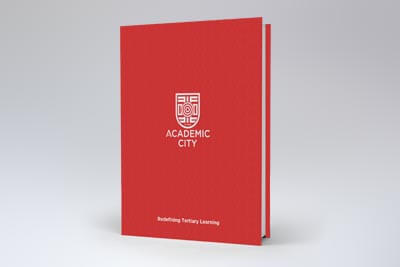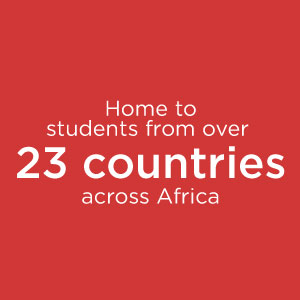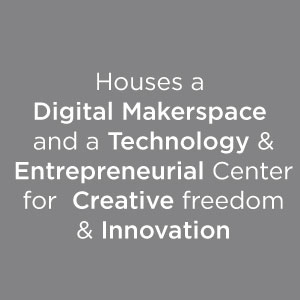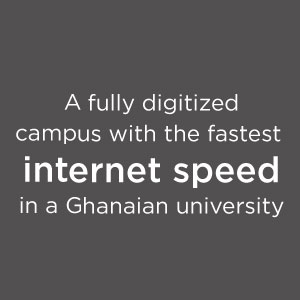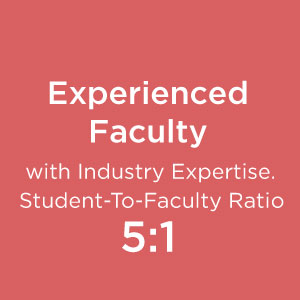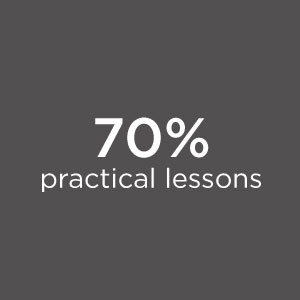

BA in Journalism & Mass Communication
Communication For Development
The metonymic adage “The pen is mightier than the sword” perfectly encapsulates the power of information, journalism and communication. With information being the new currency, journalism and communication professionals wield enormous power to advance progressive change in their communities and countries.
From news-gathering to news making, to ethical investigative journalism and effective communication the program takes students on an exploratory journey of storytelling, emotive journalism and strategic communication that inspires positive thinking and action.
BA Journalism and Mass Communication at ACity
Our Bachelor of Arts in Journalism and Mass Communication degree is designed for students to engage with theory and contemporary practice, providing the necessary skills for employability within a start-up, a communications department, a media house and wherever journalistic practice is integral to an organization and society. This course is structured to offer students good career prospects in journalism with a clear focus on developing employability across the media sector, recognizing the level of fragmentation of this landscape, in both domestic and international contexts.
January 2026 Intake Is Open

Apply Now
Start your journey towards higher education by submitting your online application today! Click the 'Apply Now' button below and fill out the required information. Apply now and take the first step towards realizing your academic goals.
Top Careers in Bachelor of Arts in Journalism & Mass Communication
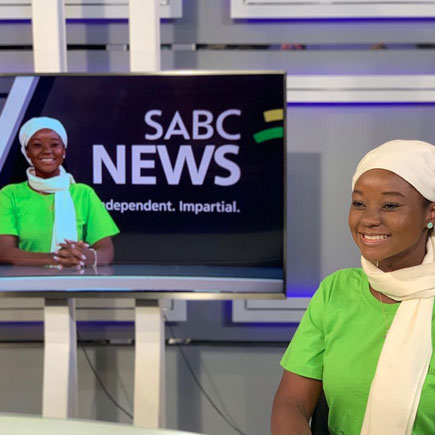
Graduates of this program will be able to select, create, apply, integrate, and administer computing technologies to meet the needs of users within societal and organizational contexts.
Possible career paths include:
| Corporate Communications Specialist | Social Media Marketing Analyst |
| Public Relations Specialist | Social Media Manager |
| Broadcast Journalist | News Reporter |
Entry Requirements
Minimum C6 in 6 subjects including 3 core subjects (English, Mathematics, Integrated/General Science) and 3 elective subjects. (Physics, Elective Mathematics + Chemistry OR any other elective relevant to the chosen Program)
Minimum D or a pass in 6 subjects including 3 core subjects (English, Mathematics, Integrated/General Science) and 3 elective subjects. (Physics, Elective Mathematics + Chemistry OR any other elective relevant to the chosen Program)
Minimum of 5 credit passes in the IGCSE/O-Levels (Mathematics and English mandatory) and 3 passes in the A-Levels. (Elective/Add/Further Mathematics and Physics mandatory).
Minimum of 5 credit passes in the IGCSE/O-Levels (Mathematics and English mandatory) and a minimum score of 4 points in 3 Higher Level (HL) subjects. (Elective/Add/Further Mathematics and Physics mandatory)
Minimum of 50% overall average pass. (subject to approval NAB) Mathematics, English and Physics mandatory
Minimum GPA of 3.0 (Mathematics, English and Physics mandatory)

Want To Know
More Information
Get the course pdf or offline application form below
Course Outline
Fundamentals of Information Technology
Communication Skills I
French Language
Introduction to Communication Studies
Basic Mathematics
Principles of Macroeconomics
Communication Skills II
African Studies
Logic and Critical Thinking
Fundamentals of Journalism
Introduction to Social Psychology
Writing for Media
Language use in Communication
Introduction to Advertising
History of Media
Introduction to Photojournalism
News Reporting
Internet & New Media
Visual Communication
Introduction to Cinema
Fundamentals of Print Journalism
Research Methods
Editing
Advanced Writing for Media
Magazine Journalism
Interviewing & Reporting
Online Journalism
Radio Journalism & Broadcasting
Elective I
TV Journalism & Broadcasting
Management & Organizational Behaviour
Theories of Communication
Media Research
Design Workshop I
Elective II
Industrial Internship
Investigative Journalism
Entrepreneurship & New Venture Creation
Media, Culture & Society
Negotiation Skills
Elective III
Journalistic Project I
Media Criticism
Media Law & Ethics
Issues in Ghanaian Media
Development Communication
Elective IV
Journalistic Project 2
Electives
Intercultural Communication
Media Sales & Promotions
Marketing Communications
Introduction to Documentary Film Making
Crisis Management
Design Workshop II (With Adobe)
Journalism specialised in Politics
Journalism specialised in Sports
Writing for Digital Media
Journalism specialised in International Affairs
Journalism specialised in Technology
Advanced Photography



